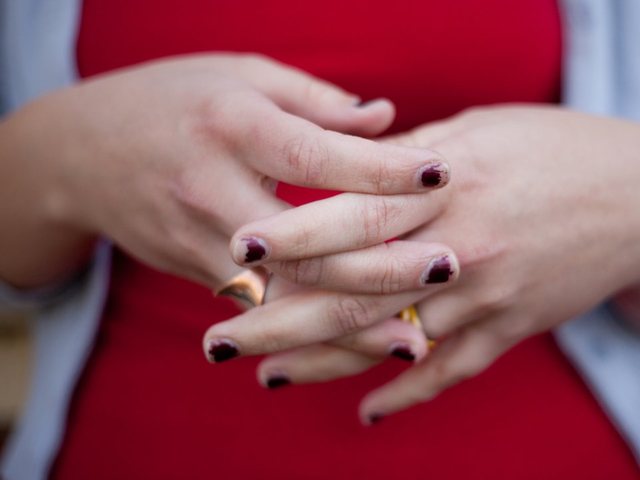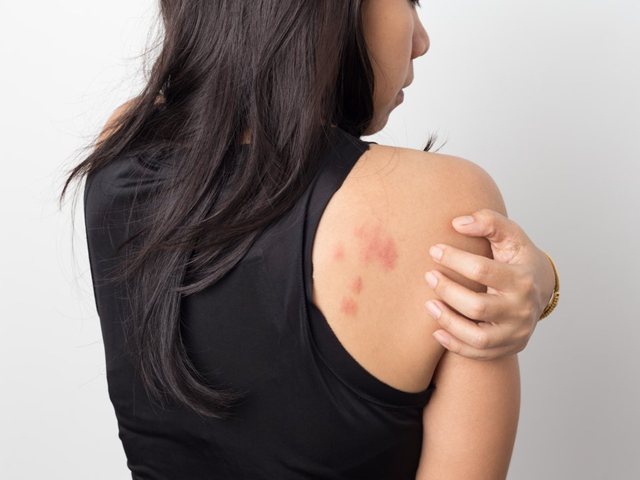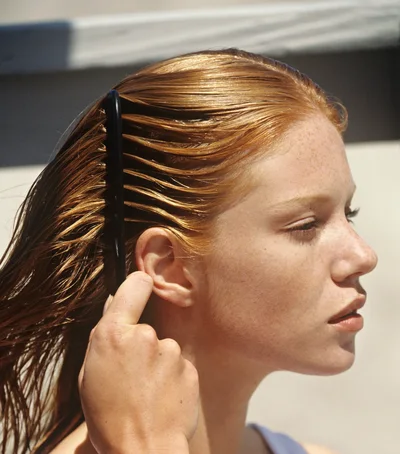
Hair loss is often inevitable. In most cases, this is due to aging and is largely dependent on genetics. This type of hair loss is called androgenetic alopecia and affects about 80 million people in the United States and around the world, both men and women, according to the American Academy of Dermatology.
In other cases, hair loss is a symptom of a major medical issue. "Treatment or systemic illness can sometimes be the cause of hair loss," said Dr. Dermatologist. Jerry Shapiro for INSIDER. In these cases, hair loss is associated with other symptoms such as rashes, lack of strength or muscle pain. Here are the signs you should not neglect!

This may mean that you have a serious form of alopecia of autoimmune conditions. Unlike androgenetic alopecia, other types of condition such as alopecia areata or universal alopecia can cause hair loss in larger amounts and in the body areas except the scalp. Other autoimmune conditions that may cause non-head hair loss include thyroid disease and lupus.

Hair loss accompanied by lack of strength can mean that you are maladjusted or you are not getting the essential nutrients your body needs. For example, if a person does not have enough zinc, for example, there may be diarrhea, heavy weight loss and hair loss as side effects, in addition to feelings of helplessness. Being generally malnourished this can also lead to hair loss. The best way to ensure that you are getting nutrition enough is for you to have a balanced diet with lots of fresh produce, healthy fats such as nuts, protein and water.

If you have these symptoms it is possible to have hypothyroidism, a kind of imbalance of autoimmune hormone hormones. At first, a person with hypothyroidism may have no symptoms, but as their body finds an imbalance of hormones, they may notice fatigue, weight gain, muscle pain, and hair loss. Hypothyroidism is curable. If you are diagnosed with autoimmune disease, a doctor may prescribe drugs that replace the hormones that your body can not produce by itself.

Cholesterol lowering medications simvastatin and atorvastatin often come with hair loss as a side effect, according to Dr. Shapiro. The odds for this are rare, with only 1% of people taking statin-based medications that report hair loss, according to Harvard Medical School. Blood pressure medications that are also beta blockers are known to cause hair loss, although doctors are still uncertain about it.

Lack of iron, which is considered an anemia, occurs when the body can not produce enough healthy red blood cells. If a person misses them, they may experience side effects such as brittle nails and hair loss. Iron plugs can help treat the condition, but a doctor may also ask what medicines you are taking after some antibiotics may inhibit iron absorption.

Lupus, like hypothyroidism or lack of iron is an autoimmune disease with hair loss as a common symptom. In addition, lupus can cause full body rash as a response to irritated organs. Often, these redness appear and escalate gradually. Other lupus symptoms include dry eyes and pain, so if you notice any of these effects, you should go to your doctor.





